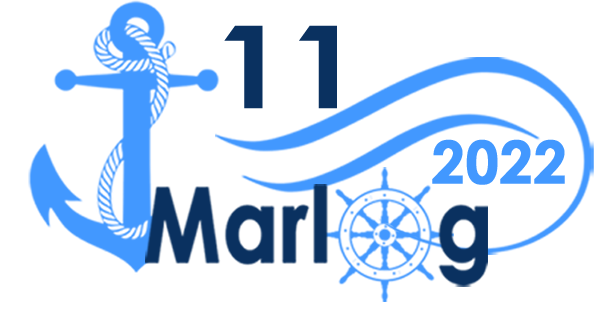
Introduction
Introduction
 Over the past two decades, digital transformation has become an essential tool in the business sector which foretells a significant leap in the patterns of business, industries and supply chains as well as a potential change in the world trade map.
Over the past two decades, digital transformation has become an essential tool in the business sector which foretells a significant leap in the patterns of business, industries and supply chains as well as a potential change in the world trade map.
Blue economy seeks to promote economic growth, while at the same time ensuring environmental sustainability of the oceans and coastal areas. Blue economy has diverse components, including established traditional ocean industries such as maritime transport, fisheries, and also new fields, such as offshore renewable energy, seabed extractive activities, aquaculture, and marine biotechnology. The blue economy contributes to climate change mitigation by developing offshore renewable energy, decarbonizing maritime transport and greening ports.
Sustainable management implies that economic activity is in balance with the long-term capacity of ocean ecosystems to support such activity. A sustainable Blue Economy allows society to obtain value from the oceans and coastal regions, whilst respecting the long term capacity of the oceans to regenerate and endure such activities through the implementation of sustainable practices. International Maritime Organization (IMO) is the United Nations Specialized Agency charged with a key element of supporting a sustainable economic growth and healthy oceans.
MARLOG 11 conference sheds light on a sustainable Blue economy as well as related activities which have effects on maritime transport and logistics. The conference themes cited in a variety of research papers would deal with theories, applications and challenges facing a sustainable blue economy.
MARLOG 11 aims to bring researchers to exchange their experiences and research results on all aspects of Sustainable Blue Economy through the following topics:-

